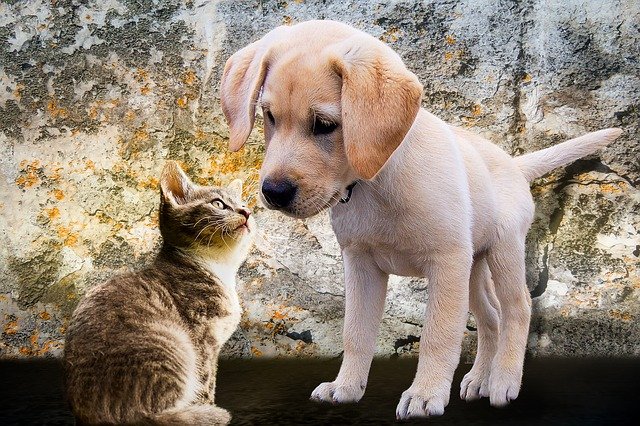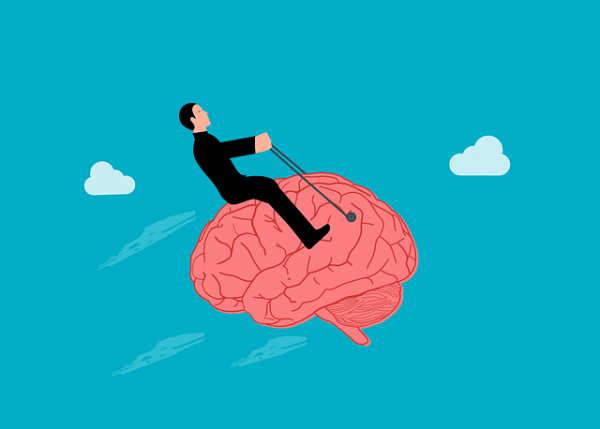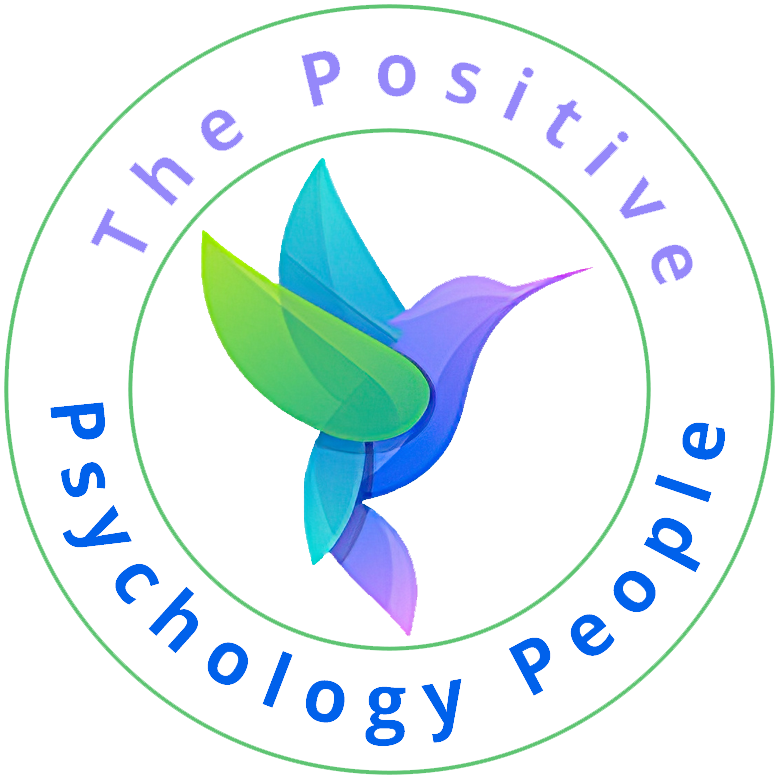
by Pinky Jangra | June, 2022 | Habits, Pinky Jangra
Many of us want to live fully. We want to express ourselves and taste the many delights that this world has to offer. Like an eager child, we want to go forth into the world, to explore, to experiment, to play, to dive in. But equally, many of us don’t actually do this. We don’t live fully. Instead, we hold ourselves back. We stay small, we dismiss our dreams and we play it safe. We ‘umm’ and ‘ahhh’, we hesitate and even retreat from the fullness of life, from change, from opportunity. Considering we have but one life (as far as I know) and it is fleeting, you’d think we’d go all in and make the most of it. But instead, we leave so much on the table. And unfortunately, this leads to a life of regret and resentment. Why do we live this way? Why do we hold ourselves back? We’re worried about other people’s opinions Parents, friends, neighbours, colleagues, randoms on social media – what will they think about us? Whether you want to know if they approve of your outfit or your career, you keep looking outside of you for permission to do, be and have what you want. I understand that. I do it too. This need for approval, belonging and acceptance is deeply baked into us all. It’s part of our survival instinct. But it also holds us back from our fullest, most brilliant and authentic life because we choose what others want, instead of what we want. Even though it’s us who must live with the consequences. We don’t like uncertainty Another...

by Roland Majla | May, 2022 | Habits, Roland Majla
What is curiosity? Why are we curious? What makes us curious? Psychology has a few answers to these questions, for instance, there are studies that show that curiosity may arise when we observe discrepancies (Berlyne, 2006), or when we perceive gap in our knowledge (Kang et al., 2009). The conceptual clarity between curiosity and interest is blurred because curiosity involves seeking new information, whereas interest involves seeking exclusively pleasurable information (Donnellan et al., 2022). So, we can see that curiosity has always been with us since childhood because curiosity helps us to better understand the world around us. And this is especially true when we are young and ready for life. You too have probably asked ‘why’ when you were a child. Much to the annoyance of your parents, however, this is something that researchers coin as ‘explanation-seeking curiosity’ (Kidd & Hayden, 2015), this behaviour motivates us to learn about the ‘how’ and ‘why’ of life? The younger we are the more questions we ask (some of us do this even in old age)! We want to know about the world, we want to explain the world, and when we have an explanation, then we can have exploration, which in turn improves metacognition. When false illusion evaporates, new reality sets in and then we are ready to go from theory to practice, to experience this new knowledge. Benefits of being curious If there wasn’t any benefit of being curious, we wouldn’t be curious, we would probably be happy with the world around us, even if we shouldn’t be. Motivated by curiosity, awareness of lexical ignorance may lead us...

by Pinky Jangra | April, 2022 | Habits, Pinky Jangra
Relaxing is usually seen as luxurious downtime, rest time, recuperation time. It’s the lazy Sunday afternoon or the chilled-out beach holiday. It’s when you switch off and tune out, let go and release, mentally, emotionally, and physically. But it only happens here and there for most of us because we’ve got things to do and places to be. Our daily lives are not for relaxing. Relaxing can’t be a core part of how we live, it can’t be part of our daily experience. Or can it? Can relaxation be a way of life? I think that not only can relaxation be a way of life, but it can be a very effective way of life. You see, relaxing doesn’t mean being lazy, it doesn’t mean being inactive – maybe that’s why we see it as a ‘one-off thing to do’ because we associate it with stopping and doing nothing. But relaxing isn’t just about stopping and resting, it isn’t just a beach holiday or a sofa Sunday – in fact, plenty of people could be in those situations and still not be relaxed! Because relaxation is in fact, a state of mind. Relaxing is about how you are on the inside. It’s less about what you are doing and more about who you are being. It’s how you carry yourself and navigate each day. The benefits of relaxing When we think about relaxation as a way of being, a way of navigating life, the origins of the word are helpful. To relax is to ‘loosen’ and ‘soften’. So, can you be softer, can you be looser, mentally, emotionally,...

by Sarah Cramoysan | January, 2022 | Habits, Sarah Cramoysan
New Year’s resolutions. It’s traditional on New Year’s Eve to make New Year’s resolutions. People promise themselves they will lose weight, drink less, quit smoking or start exercising. If they are lucky, they might keep up their new year’s resolutions for a couple of weeks before they run out of steam. Some people will succeed, but many people fail. Why is it so hard to create new habits and even harder to break old ones? The usefulness of habits Every morning I take my dog for a walk. Sometimes we go out with friends and do different walks, but most of the time we do a familiar loop from our house. We walk out of our house, across the road, around the field then back up the hill and home. It’s so familiar I don’t have to think about it. Once I get started it’s easy and effortless and I can think about something else – what I’m going to be doing that day, enjoy just looking at the scenery or whatever takes my fancy. Even the dog knows that when we reach the field we normally loop around to the right. Just occasionally I will make a conscious decision to break out of the loop and do something different, but that takes thought and effort, and the default is to walk the normal route. The downside of this is it can be a bit boring. If I make an effort to go somewhere new, then it’s generally more enjoyable walking somewhere different. So why do I do this? Because it’s easy. The dog needs walking and it’s...

by Stuart Dickson | January, 2020 | Habits
What’s the hurry? There are many lessons to be learnt in life. Some take longer than others to master. For me, one of the hardest is patience. Patience is a nemesis that I still have to conquer. You could say that I am impatient to become the King of patience. The question is why am I like it? Woodwork Class I can vividly remember a time at school during a woodwork class. I was about seven years old and we had to carve a head out of a block of wood. My brother had already done this two years before, when he was seven. It was a great piece with clearly detailed features and was proudly displayed in the lounge by our parents. Now, woodwork did not appeal to me in the slightest but nevertheless, I set to work on the task in hand. I can’t remember how long it took me, before I proudly said to the teacher that I had finished. Well, his response when he saw my extremely minimalistic piece, was to ask what was my hurry and state that it was not a competition! My sense of achievement quickly became a sense of failure. Of course he was absolutely right and it didn’t take long for me to get that but I didn’t put much effort into improving my piece. Into the future Fast forward forty years and I am still very much in a hurry in certain scenarios, causing me uncomfortable reflection about this trait of mine. Recently, I was doing my annual exams for my cabin crew role. I have always put pressure...

by Inge Beckers | November, 2019 | Habits, Inge Beckers
We live in a fast-changing world. We all feel it. Technology evolves at a high speed and it seems the challenges get more difficult by the day. In order to cope, we work harder and faster. We seem to be stuck in fast forward. Getting caught in the fast lane Especially in a business environment, we are told that slowing down is not an option. We believe that increasing the speed at which we do business and lead our lives will maximize performance and productivity. The current technology allows us to communicate instantly and easily. We all want our emails to be answered immediately and our problems to be solved on the spot. When we get home from work we are again bombarded by notifications like Facebook, Whatsapp, Linkedin, Instagram, …. However, speeding up is not the answer. It might even make things more complex because it consumes more energy. And in a best-case scenario, it will only solve part of the challenge. Getting more done As human beings, we are not built to live like that. Our brain needs a break now and then. We need time to rest, process thoughts and make founded decisions. When we slow down we can actually get more done. We use less energy which allows us to go deeper and faster into achieving our goals. We will become more efficient, productive, resilient and happy. Our brain will become more focused and better at learning new skills. It will also be more effective in dealing with increased complexity and challenges. Slowing down allows us to notice more, make more connections...







